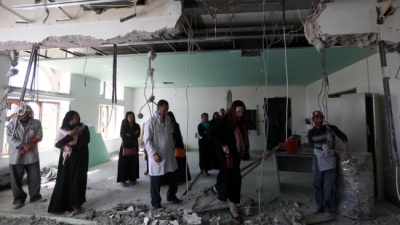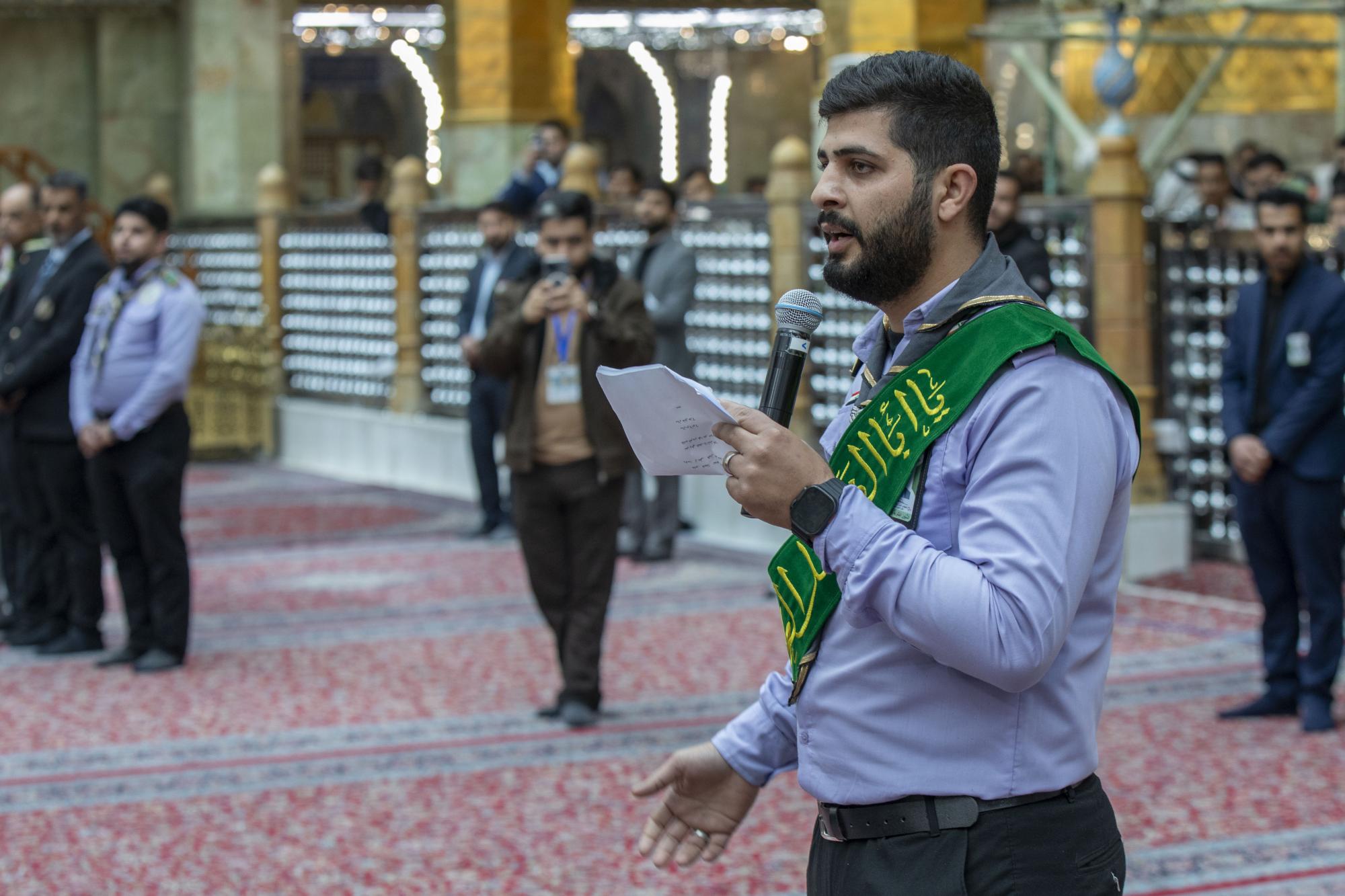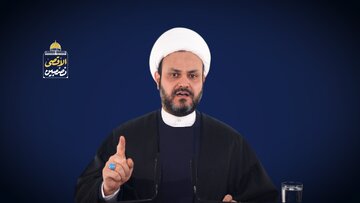According to exclusive reports from reliable sources, Shafaqna was able to uncover a disturbing trend in Yemen national healthcare system, whereby patients found themselves being discriminated against based on their sectarian affiliation.
Nurses and doctors at Al Thora Hospital - government-run facility - in Sana’a, the Yemeni capital, reportedly gave priority to Sunni patients. In several cases, individuals were ignored, left to wait on the floor for long hours despite the severity of their condition, after families were told there was no room to accommodate their loved ones.
A nurse told Shafaqna, “If doctors suspect that patients might be Shia Muslims or Christians, treatments are delayed. We have been asked on several instances to discharge “Zaidi” patients to make room for others, even if it meant endangering their recovery.”
She added, “We are much too scared to do anything. Al Islah [Sunni radical faction which acts an umbrella for groups such as the Muslim Brotherhood and the Salafis] has people in management and we all risk losing our job should we challenge doctors’ orders.”
Earlier this month, one woman died of a stroke after doctors failed to assess her medical emergency. Another elderly patient, whose son was identified as a Houthi sympathizer was refused treatment and turned away, even though he showed signs of cardiac distress. He died the following day.
For fear of reprisals both families have asked to remain anonymous.
Although when confronted by families doctors argued the hospital had had to make difficult choices due to a lack of staff and medicine, sources have maintained that doctors are picking and choosing their priorities based not on patients’ needs but religious denomination.
Ever since the Houthis affirmed their hold on power in early January, opposing factions, namely Al Islah, have worked to ignite sectarian tensions to advance their political agenda.
/149





